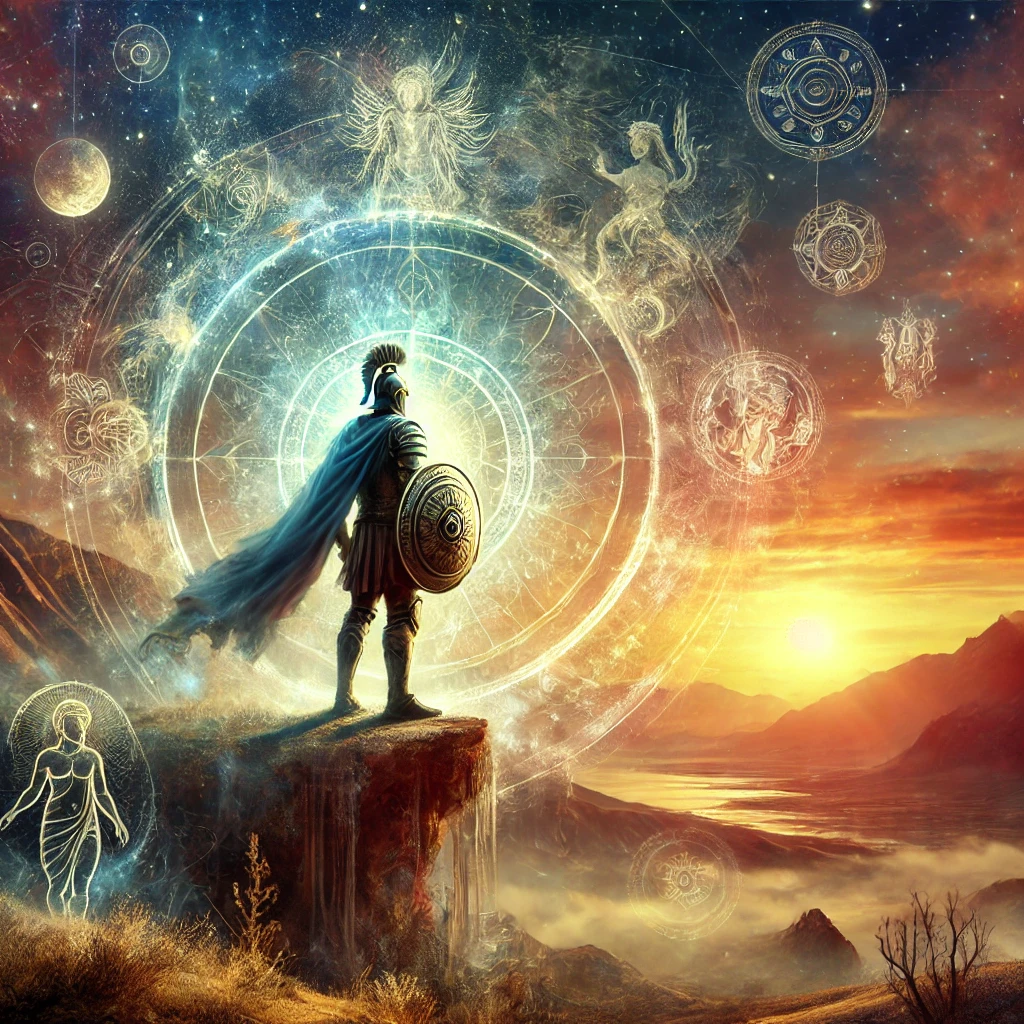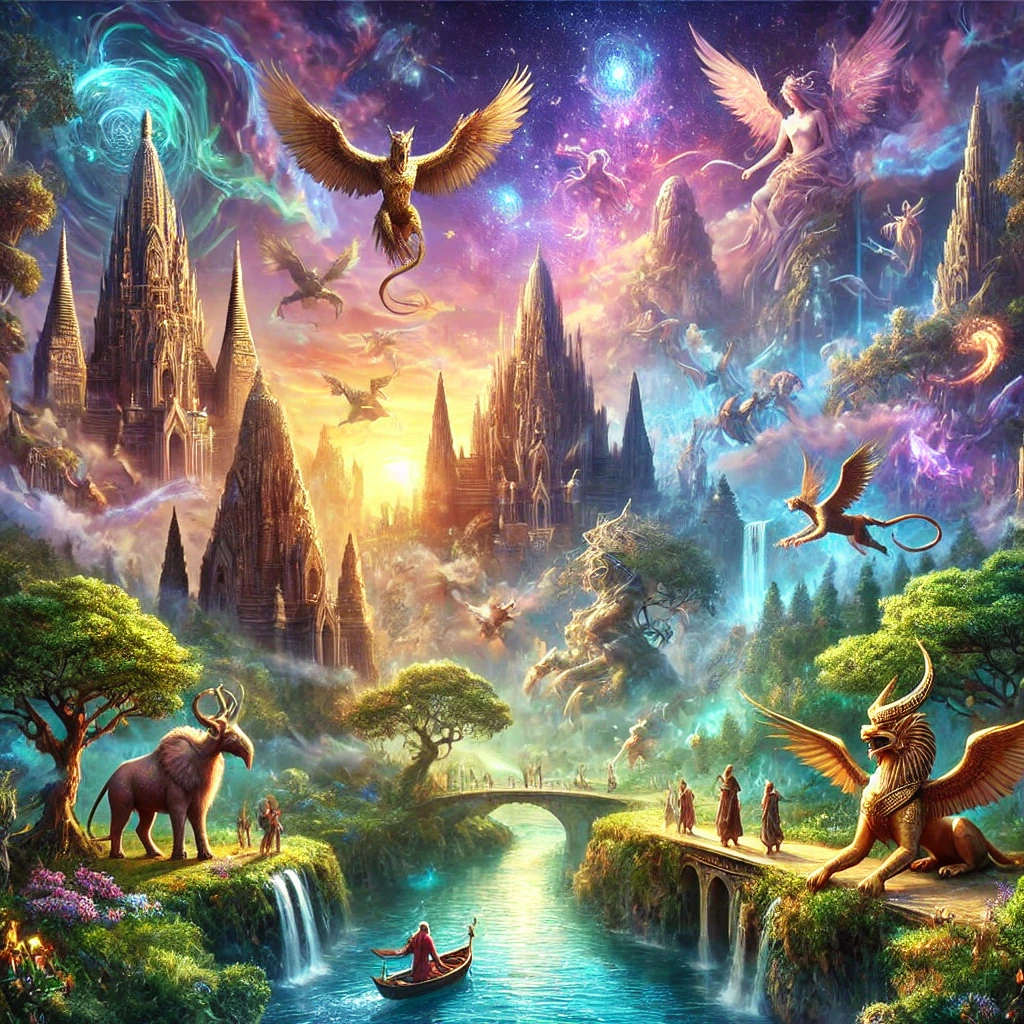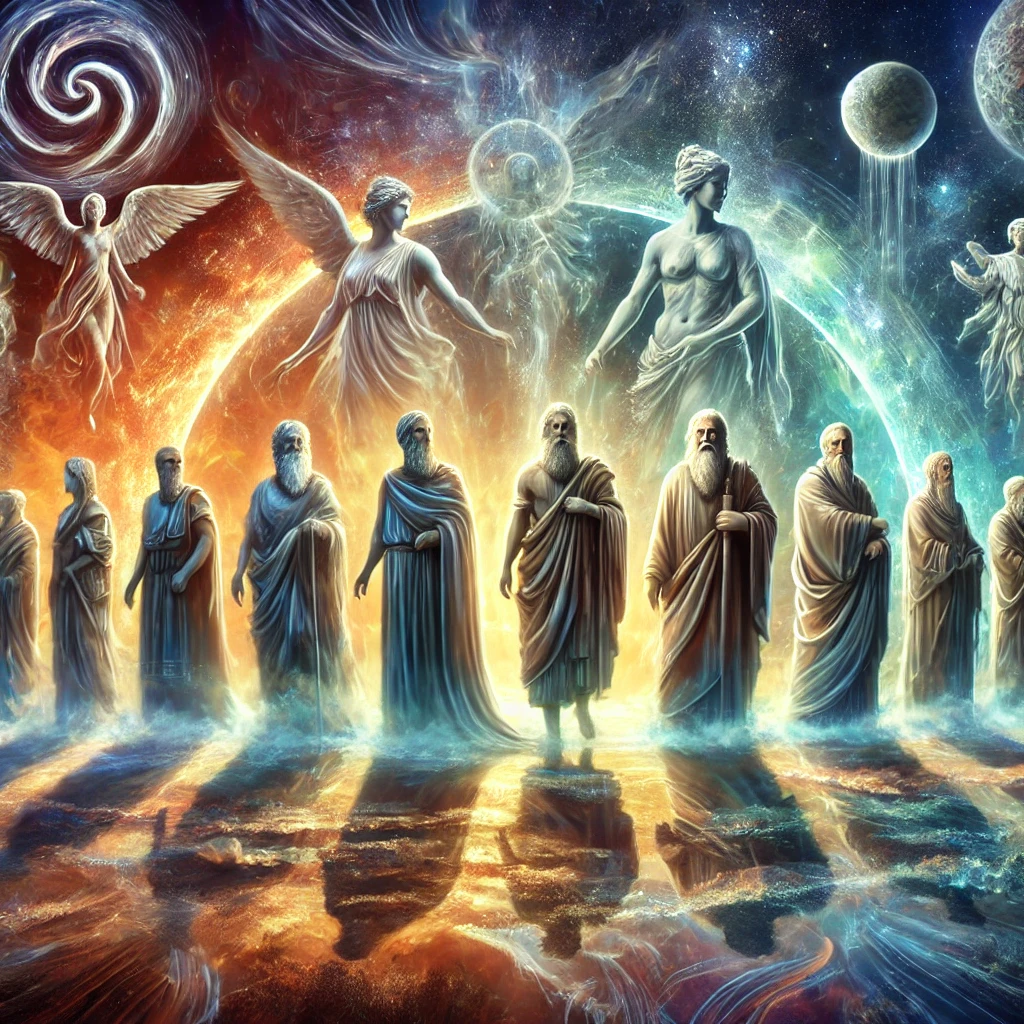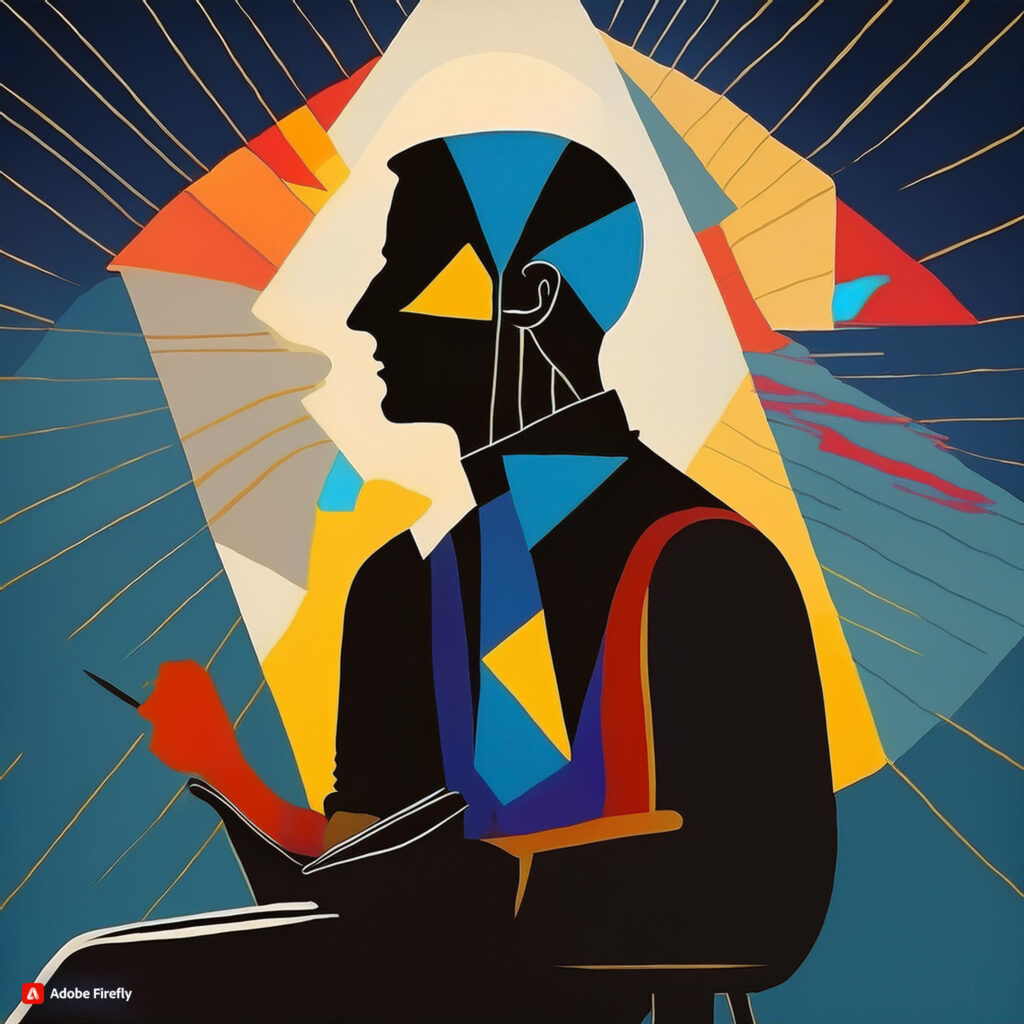In the beginning, before we had scientific explanations or philosophical theories, there were just stories. Myths. The ancients used these tales to explain the world around them—why the sun rises, why the sea crashes against the shore, why we feel the way we do. These myths weren’t just bedtime stories. They were how people made sense of existence itself.

When we look back at these myths now, we often see them as charming but outdated—quaint relics of a time when people didn’t have the answers we have today. But here’s the thing: these stories still resonate. In fact, they hold truths about the human experience that remain deeply relevant, especially when it comes to understanding ourselves. There’s something about these ancient myths that connects with something deeper within us, something more universal.
The Mythological World Picture

Long before science told us about the Big Bang or the theory of evolution, people turned to gods, goddesses, and mythical creatures to explain the world. In ancient Greece, Rome, and beyond, the gods weren’t just abstract figures—they were forces that shaped reality itself. Zeus ruled the sky, Athena ruled wisdom, and Poseidon ruled the seas. These gods were not distant or cold—they were as human as we are, experiencing love, anger, jealousy, and joy. They were everything that made up the natural world and human emotion wrapped into one.
This mythological worldview wasn’t just about external forces. It was about seeing the world as interconnected and alive, where every person, every event, and every feeling had a divine or symbolic meaning. There were no rigid divisions between human experience and the world around us; everything was deeply intertwined.
Gods, Heroes, and the Search for Meaning

The characters in these myths—gods, heroes, monsters—weren’t just fantastical beings. They were mirrors reflecting the complexities of human nature. They gave us archetypes to understand ourselves. Think about the classic hero’s journey: the young, naïve individual who sets out to conquer some great task, only to face trials and confront inner demons along the way. By the end of the journey, they’re forever changed, wiser, and more attuned to their true nature.
These mythological heroes—like Hercules or Odysseus—are more than just figures from ancient stories. In a way, they represent something within all of us. They embody the struggle for personal growth, the confrontation with our own weaknesses, and the search for meaning in life. They’re not just characters in a book—they’re us. The journey of the hero is our own journey of self-discovery.
Carl Jung talked about archetypes, and when you think about these ancient heroes, you see them—these timeless, universal symbols—at work. Maybe you’ve felt like the warrior, the one who must fight battles, or the lover, the one who seeks connection. Perhaps there’s been a moment when you’ve identified with the trickster, the wise fool who shakes up your world and shows you a different way of thinking. At different points in our lives, we all carry these archetypes inside us, whether we realize it or not. We play out our own myths, sometimes without even knowing it.
Moving Beyond Myths: From Myth to Reason

But as history moved on, we started to question these mythological explanations. Rational thinking emerged, bringing logic and reason into the picture. Thinkers like Socrates, Aristotle, and later, philosophers from the Enlightenment, challenged the notion that the gods explained everything. They sought to understand the world through observation, deduction, and intellectual inquiry. The mythological worldview started to lose ground to a more logical, scientific approach.
This shift didn’t mean that myths were “wrong.” Instead, it created tension. As we became more rational, we began to separate ourselves from that deeper, more intuitive connection to the world. We started to believe that only what could be measured or logically explained was true. But even in our rational world, there’s a part of us that still longs for the mysteries and symbols that myths provide.
Why Myths Matter Today

So, why do these ancient myths still matter? In a world where we have all the answers (or think we do), why should we bother with stories about gods and monsters? The truth is, these myths still hold power. They speak to the deeper parts of ourselves that rational thinking can’t always reach. They remind us that our lives are more than just facts and data—they are stories. And those stories are filled with meaning.
In our everyday lives, we still live out our own myths. We identify with the hero, the lover, the rebel. We face our own trials, search for purpose, and confront our inner demons. And much like the ancient heroes, we too undergo transformation. That’s why engaging with these stories isn’t just for scholars or lovers of history—it’s for anyone who wants to better understand themselves.
Mindfulness and the Mythological Connection

This brings us to mindfulness. In today’s world, where we’re often disconnected from our inner selves, mindfulness meditation offers a way to reconnect with the deeper aspects of who we are. It’s a practice that helps us turn inward, reflect on our inner stories, and integrate the wisdom of our unconscious mind.
Just like the ancient myths, mindfulness helps us confront the different archetypes within us. It asks us to look at our own “heroes” and “villains,” to reflect on how we’re living out our own personal journey. It offers us a way to engage with our inner world, not through the lens of rational thought alone, but through a deeper, more intuitive understanding of who we are.
So next time you feel caught up in life’s chaos—whether it’s facing a challenge, a heartbreak, or just trying to make sense of it all—remember that you’re not alone in this. You’re part of an ancient tradition of people who’ve used myths to navigate the human experience. You’re the hero of your own story, on a journey of transformation and self-discovery. And like the myths of old, the answers you seek may not always come in the form of logic or reason—but they’ll come. Through the wisdom of the ages, through mindfulness, and through the unfolding of your own story.
Get the next post in your email.


